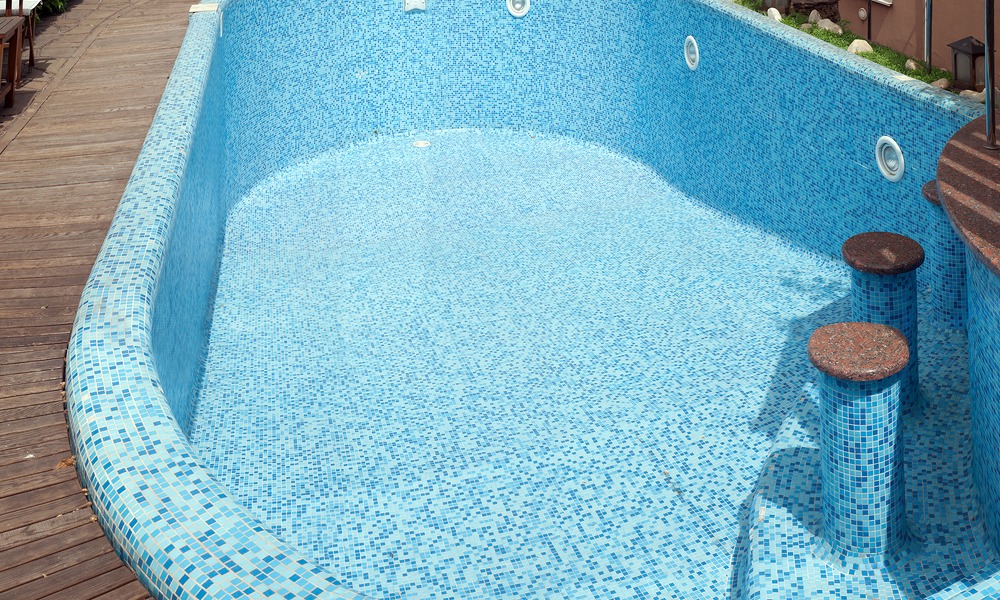As a pool owner, your priority is to keep the pool filled with fresh, clean water. However, sometimes nature messes with our plans. If you don’t use a pool cover rain, snow and other weather conditions may contaminate the water. Other times you’ll need to drain the pool in order to fix a structural issue. Whatever the reason, you should know that draining the water from your pool is not as easy as it sounds. If you don’t do this correctly, you could face a huge repair bill. That’s why it’s important to know whether you can handle it yourself or if you need to call an expert pool service. Regardless of the type of your pool, you need to consult local regulations about draining the water from your pool. In this article, we’ll run you through the basics.
Why Drain Your Pool?
There are several reasons why you might need to drain a pool. For example, if the pool is damaged and is in need of repairs, you will likely have to drain the water. The same goes for painting and resurfacing your pool. On the other hand, you might have to drain the water if the pool chemistry is imbalanced. This could lead to white stains forming on the pool walls, brown stains or water with high levels of salt that tends to cause irritations. If you don’t tend to the chemical imbalance issue your pool might deteriorate. In the cases when the Total Dissolved Solids levels in your pool get too high, your only choice is to drain the water and start anew with a fresh supply.
Concrete Pools
Draining the water from a concrete pool is fairly straightforward. But if the area you live is wet or if you recently experienced heavy rains, you should consider contacting a professional service. The groundwater can pop the concrete shell of the pool out of the ground. But if you’re sure you are not at risk from groundwater you can proceed to drain the water yourself. You will need an adequate pump. Open the hydro-static valve of the pool. This valve can be found near the main drain. If you are not able find it, call in a professional. Connect the pump to the drainage pipe in your yard with a hose, place the pool at the deepest point of the pool and activate it. If you experience any difficulties, stop the process and call in an expert.
Vinyl Pools
This can be a bit more difficult because this material is delicate and can be easily get ripped. Another issue is that sometimes vinyl pools don’t have the strength to withstand the soil surrounding them and tend to collapse when drained. As with concrete pools, groundwater may push a vinyl pool up and cause it to pop. These are some of the reasons why you should have a professional drain your vinyl pool. But if you’re confident your pool can endure the process, repeat the same process as with concrete pools. However, once you drain the pool, fill it up as soon as possible.
Fiberglass
These pools should always be handled by professionals, as they are meant to stay filled at all times. Draining the water improperly may lead to the pool coming out of the ground, the walls bulging and cracks in the walls. Professional pool maintenance companies will first test the groundwater levels around the pool and then proceed.

